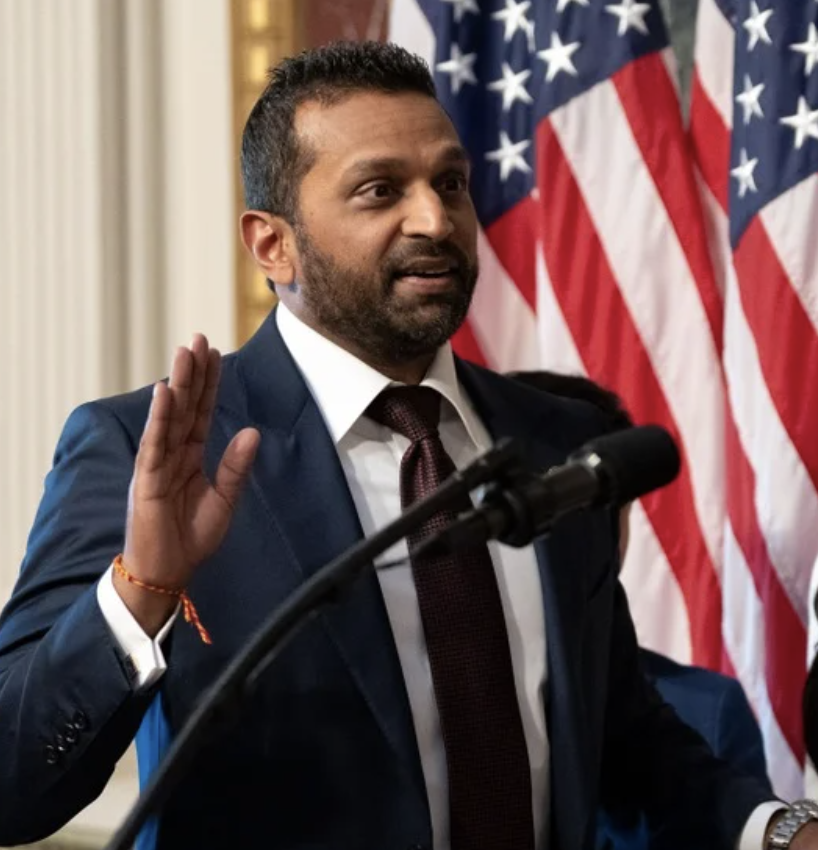“The Secrets of Abu Ghraib Revealed—American Soldiers on Trial” by Christopher Graveline and Michael Clemens. The book is available at Amazon.com, barnesandnoble.com and Borders books.
By Ross ParkerAn acquaintance from another country recently posed a question to me: How is it that such an idealistic country as America, whose people are willing to sacrifice so much, is so mistrusted and vilified around the world? We contribute nearly a trillion dollars a year, more than ten times the amount of any other country, as well as the lives of thousands of our best and brightest to attempt to keep world peace. But in the international press and the streets of the Middle East we are, increasingly, the Great Satan.
Historians for my children’s children may be able to explain this complex irony. Hopefully, one of the texts they will study is The Secrets of Abu Ghraib Revealed by Christopher Graveline and Michael Clemens. The book presents a day-by-day factual account of one of the scandals of the Iraq War, one which scarred the image of America in a part of the world where we can ill afford such ignominy.
Graveline, an assistant U.S. Attorney in Detroit, who was a JAG prosecutor, and Clemens, a federal agent in Milwaukee, who was an Army investigator, were intimately involved in the eleven successful prosecutions of the military personnel who abused Iraqi detainees at the Baghdad prison in November and December of 2003. The authors present the facts with such detail and objectivity that readers can come to their own conclusions about the questions of cause, blame and responsibility.
In addition to using impeccable scholarship, the book explores the human dimensions of the tragedy and presents the reader with a fascinating and dramatic description of the people and scenes involved.
The heat, dust and danger of Baghdad, as well as the drama of the courtroom, are alive in its pages to keep the reader as engrossed as any good summer beach-read. Beyond the enjoyment of the read, the book presents a study of the rule of law and the rules of war, for generals and taxpayers, Presidents and policymakers, about the complexities of investing young American lives in trouble spots around the world. Its drama and message will appeal to a broad spectrum of readers.


Although the authors refrain from imposing their personal opinions, the work provides important lessons for future statesmen on subjects such as interrogation policy, training and supervision of young soldiers, and the need for clear guidelines.
As seems to be so frequently the case, an event of such transformative historical significance influencing relations between countries and affecting lives put on the line has largely been based on misinformation and misinterpretation. Thanks to media accounts and political debates, like most Americans I thought the Abu Ghraib abuses were connected with White House and Pentagon policy on loosening the limits or coercion and torture in the treatment of enemy combatants.
As the book documents, however, the scandal at Abu Ghraib primarily involved the twisted entertainment of a handful of soldiers at the expense of common Iraqi criminal inmates who were never interrogated and had no intelligence value whatsoever.
The seven victims had been involved in a food riot at a nearby prison camp and had the misfortune of being detained on a night in which some bored and stressed out GIs decided to create some perverted amusement. The iconic images of naked Iraqi prisoners forced into cheerleader pyramids, required to masturbate for the cruel enjoyment of the guards and terrorized by dogs and other sadistic stratagems— are unfortunately engraved on American and world consciousness.
The fact that the incident directly involved only a few does not minimize the culpability of those who were convicted or the negligence of the chain of command. Although the use of abusive interrogation techniques deserves full public scrutiny, the issue which is defined by Secrets is the failure of the command officers to provide the support and guidance to the women and men on the ground so that they could emotionally survive this terrible war.
What the authors of the book demonstrate is that the incident at Abu Ghraib and its aftermath stand as a microcosm, a prism, for examining everything that is right and wrong about the whole Iraq war. At its worst, the incident embodies mistakes by political and military decision makers in the conduct of the war as a whole—the inadequacy of resources and manpower, the defective planning and training for the effect that incessant danger and hostility will have on the ground level soldiers.
At its best, the scandal aftermath and its investigation are representative of the virtues of the American troops—the overwhelming majority who conscientiously do their duty under traumatic circumstances and just want to return home. Among them are heroes who exerted incredible effort and dedication to search for American justice amidst a confusing rubble of facts and allegations. Finally the study highlights the sacrifice, personal, career and, sometimes, in lives lost, made by American soldiers in this war.
Put in the hero category, the prosecutors and law enforcement investigators, including the authors, who left hearth and home to work 16 hours a day, seven days a week under the glare of the international press and a polarized nation in search of a just and honorable resolution. It was, as one of the Pentagon generals warned them, “a fuckin’ no-fail mission.” They did what prosecutors and agents do every day, they followed where the evidence led them in search of the right result, and let the chips fall where they may.
The Secrets of Abu Ghraib deserves to be in that library of non-fiction war books which are passed on to the next generation. It is compelling, insightful, and as entertaining as it is edifying.





